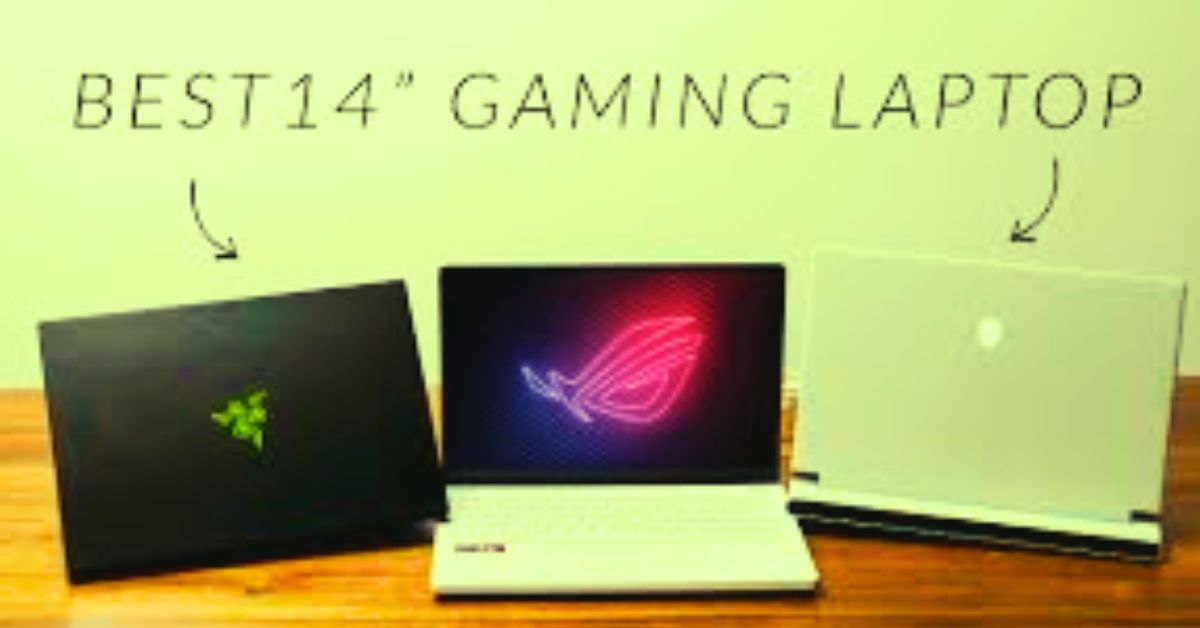When it comes to purchasing a new laptop, the choice between a gaming laptop and an ultrabook can be overwhelming. Both types of laptops offer unique features that cater to different needs and preferences. Understanding the differences between these two categories is crucial in making an informed decision. In this article, we’ll compare gaming laptops and ultrabooks across several key factors to help you determine which one suits your lifestyle and requirements.
What Is a Gaming Laptop?
A gaming laptop is a powerful device designed for high-performance gaming and demanding tasks such as video editing, 3D rendering, and software development. These laptops come equipped with high-end hardware, including powerful graphics cards (GPUs), fast processors (CPUs), and ample storage space to ensure smooth gameplay and efficient multitasking. Gaming laptops are typically larger, heavier, and bulkier due to the need for enhanced cooling systems and more powerful components.
Key Features of Gaming Laptops:
- High-end GPUs: Gaming laptops often feature dedicated graphics cards, such as NVIDIA GeForce RTX or AMD Radeon, ensuring smooth gaming performance even at high settings.
- Powerful Processors: These laptops come with top-tier CPUs, often Intel Core i7/i9 or AMD Ryzen 7/9, enabling fast processing speeds.
- Advanced Cooling Systems: To prevent overheating during intense gaming sessions, gaming laptops are equipped with robust cooling solutions, including multiple fans and heat pipes.
- Large Screens & High Refresh Rates: Gaming laptops often feature large displays, typically ranging from 15 to 17 inches, with high refresh rates (120Hz or higher) for a smoother gaming experience.
- Customization and Upgradeability: Many gaming laptops allow users to upgrade components like RAM and storage, which can be advantageous for future-proofing.
What Is an Ultrabook?
An ultrabook, on the other hand, is designed for portability, battery life, and overall convenience. These laptops are lightweight, thin, and optimized for everyday tasks such as web browsing, office work, media consumption, and light photo/video editing. Ultrabooks prioritize style and mobility, making them ideal for users who need a laptop that’s easy to carry around without sacrificing performance in routine tasks.
Key Features of Ultrabooks:
- Sleek and Lightweight Design: Ultrabooks are typically thinner and lighter than gaming laptops, making them ideal for frequent travelers and students.
- Long Battery Life: Due to their power-efficient processors and lack of dedicated GPUs, ultrabooks can last much longer on a single charge compared to gaming laptops.
- Mid-Range Processors: Ultrabooks are usually equipped with Intel Core i5/i7 or AMD Ryzen 5/7 processors, which offer solid performance for day-to-day activities without the need for extreme power.
- High-Resolution Displays: While ultrabooks may not have the high refresh rates of gaming laptops, many offer stunning high-resolution displays (1080p or even 4K), perfect for content creation, watching videos, or productivity tasks.
- Integrated Graphics: Instead of dedicated graphics cards, ultrabooks rely on integrated graphics, such as Intel Iris Xe or AMD Radeon, which are sufficient for light gaming and general tasks but may not support AAA gaming titles effectively.
Gaming Laptops vs. Ultrabooks: Key Differences
To help clarify the main differences between gaming laptops and ultrabooks, here’s a comparison across several important categories:
| Feature | Gaming Laptop | Ultrabook |
|---|---|---|
| Performance | High-performance hardware for gaming and multitasking | Adequate performance for everyday tasks, but less powerful for demanding workloads |
| Portability | Heavier and bulkier, not as easy to carry | Thin, lightweight, and portable |
| Display | Large screens (15–17 inches), high refresh rates | Smaller screens (13–15 inches), usually lower refresh rates |
| Battery Life | Shorter battery life, often 4-6 hours | Long battery life, often 8-12 hours or more |
| Graphics | Dedicated graphics cards for gaming and graphics-intensive tasks | Integrated graphics, good for everyday use and light gaming |
| Cooling | Advanced cooling systems to handle heat during intense use | Passive or low-intensity cooling systems |
| Price Range | Higher price, typically starting from $1,000+ | Mid-range to premium, starting around $800 |
Which One Should You Buy?
The decision between a gaming laptop and an ultrabook ultimately depends on your personal needs and usage scenarios. Let’s break it down:
- For Gaming Enthusiasts:
If you’re a gamer or need a laptop that can handle demanding applications, a gaming laptop is the clear choice. It provides the power, performance, and hardware necessary for smooth gaming, content creation, and heavy multitasking. The high refresh rates and powerful GPUs are essential for anyone who plays resource-intensive games or works with graphic-heavy software. - For Frequent Travelers & Professionals:
If portability, battery life, and a sleek design are your top priorities, an ultrabook would be more suited to your needs. Ultrabooks are perfect for those who need to carry their laptop throughout the day without sacrificing performance for productivity tasks. Their long battery life and slim profiles make them great for business professionals, students, and casual users. - For Everyday Use & Light Gaming:
For users who don’t require top-tier gaming performance but still want a laptop that can handle casual gaming and productivity tasks, ultrabooks are a great option. They’re also a good choice if you’re looking for something that’s easy to carry around, lasts all day, and can handle most everyday applications without issue.
Conclusion
Both gaming laptops and ultrabooks have their strengths and weaknesses, and the right choice comes down to what matters most to you. If you’re a gamer or someone who needs powerful hardware for demanding tasks, a gaming laptop is the way to go. However, if portability, battery life, and a slim design are more important to you, an ultrabook will better meet your needs.
Before making a purchase, it’s crucial to evaluate your usage habits and long-term requirements. That way, you can make an informed decision and select a laptop that provides the best value for your specific needs.
4o mini
